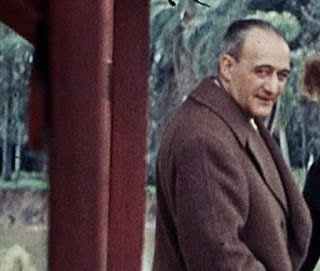¿QUIÉN MOVIÓ MI QUESO? de Spencer Johnson, MD
A pesar de que cuando elijo un libro para leer en general me guío por el título, algo de esta obra llamó mi atención. No me cupo duda de que no se trataba de un texto acerca de los distintos tipos de queso, así que decidí explorar qué había querido decir el autor con un encabezamiento semejante. El libro está escrito en un estilo juvenil, y sus personajes –dos ratones y dos hombrecillos— hacen juego con la escritura. Mientras que los ratones representan conductas instintivas, los hombrecillos, Hem y Haw, simbolizan el miedo al cambio y la capacidad de adaptarse a nuevas circunstancias de la vida. La trama es sencilla: ratones y hombrecillos vivían en la Parada de Queso C donde el queso abundaba. Desafortunadamente, un día el queso se terminó y tanto los ratones como los hombrecillos tuvieron miedo de morirse de hambre. Sin embargo, mientras que los ratones no perdieron tiempo buscando respuestas, y en cambio se abocaron a la tarea de encontrar una nueva parada de queso, los hombr...

